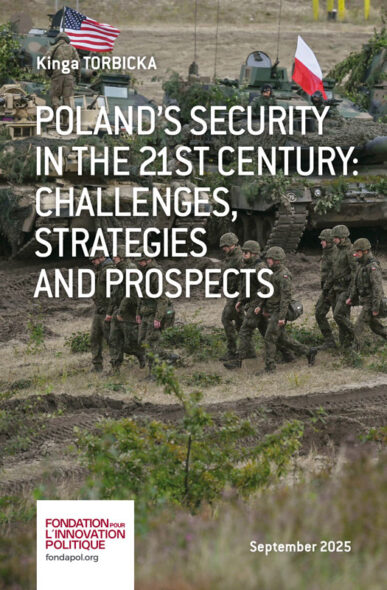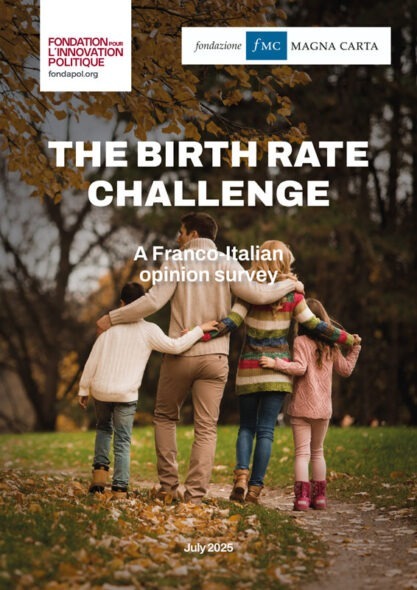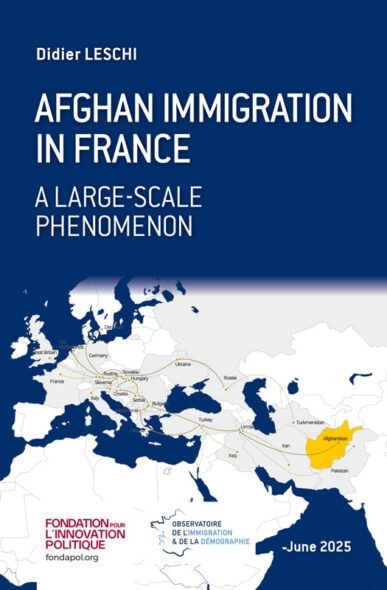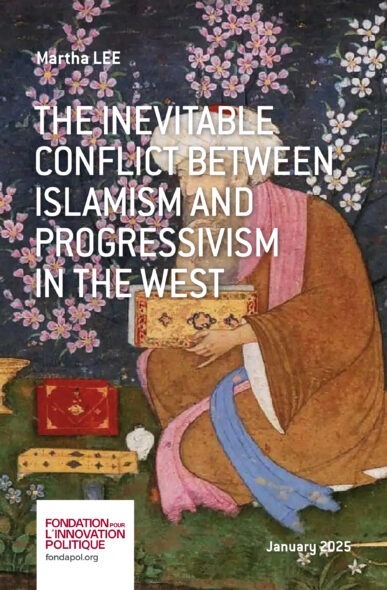Measuring Happiness
Is it necessary, or even feasible, to measure a country’s wealth in other ways than by its GDP? After being a fad in the 1970s and neglected during the 1980s and 1990s, “welfare” studies are once again in the spotlight. Their aim is to formulate indicators based either on individual subjective perception or on objective parameters to measure countries’ relative growth in more than economic terms.The promotion of the individual in contemporary society raises many questions that affect individuals as well as the social system. This question concerns the nature of social cohesion and what it is that can unite a society of individuals.
In his study, Raphaël Wintrebert presents findings which suggest happiness is intimately linked to the quality of social relations. In fact, even though wealth, freedom and security are believed to be necessary conditions for people’s welfare, they are not sufficient. Wintrebert argues that solidarity and the rational dimension are still essential in order to allow individuals to integrate into a given collectivity and find in it meaning, status and a role.
In 2007, 69% of the French respondents believed that “fraternity” was threatened and 80% that “equality” had declined. These outcomes evidence a concern for those dear to them and for the future of society—a concern that affects how much they value happiness. Enabling individuals to feel optimistic is tantamount to restoring confidence in the family and in relations with friends, recognizing active participation in social life (associations, etc.), promoting the feeling of equality/fairness (income, sexes, education), as well as tolerance towards others and their differences.
Assessing happiness also poses certain methodological challenges. It therefore seems more productive to focus on evaluating welfare on a per-country basis, according to its social, political and cultural characteristics. After the Kingdom of Bhutan, Canada is now devoting a vast research programme to the subject. It is likely that France will need to make this a priority.













No comments.